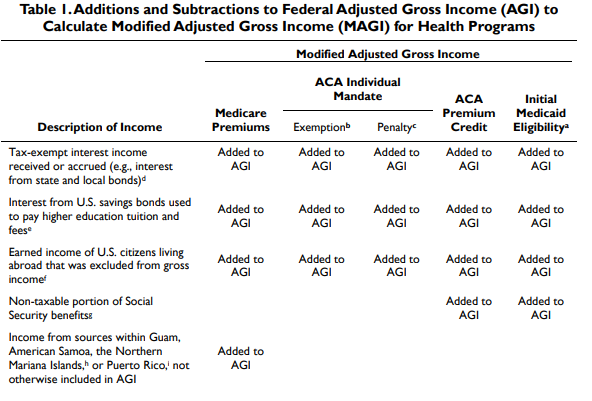It looks like you're new here. If you want to get involved, click one of these buttons!
Unavailable also at Merrill Edge. But it is available at Firstrade (all funds NTF). At least it shows up at Firstrade if one logs into an account ($500 min); it isn't on Firstrade's public list of funds.HSAFX is available with a transaction fee at Schwab and Vanguard-not available at E-Trade.

Example 4: James and Dolly Madison anticipate that they will each receive $18,000 of Social Security income and $19,500 of qualified-plan income during retirement, for a combined total income of $75,000 each year.
With their retirement income mix, the Madisons would have an estimated $0 state tax bill in 24 states! Notably, this list includes Illinois, New Jersey, and New York, states commonly thought of as high-tax states.
Are PSTIX and PQTIX similar funds to HSGFX?M* classifies HSGFX as long-short equity, which from the portfolio, it is. He's basically short the broad market and long his specific picks. If his picks do better than the indices, like this year, it works: up ~ 15% ytd. HSAFX is for sure less volatile, but it's gone nowhere this year, and it's also not available at some brokerages, e.g., Fidelity.
But the redemption fee on top of a transaction fee limits the attractiveness of HSGFX, even in the rare year it works. IMHO, trend-following managed futures funds and inverse funds are a better deal in wipeouts like this year, and there are plenty of options in those categories (OEFs and ETFs) these days.
But the ability to invest an HSA for the long-term as an investment vehicle for retirement only works if either: (1) you have little need for healthcare throughout your adult life or (2) you have enough disposable income to pay for your healthcare expenses out-of-pocket and don’t need to tap your HSA.@MrRuffles,
My Insurance plan is a government subsidized (due to my low income) HDHP ($6500 deduction) plan and is an HSA qualified Plan. Not all HSA owners are upper income.
My question is pertinent to low income, young, healthy individuals who have an HSA as an option. The Saver's Credit is directed at the low income.
No. HSAs are not defined as retirement savings. HSAs are established under section 223 of the tax code which is not one of the sections included in the section 25B definition of a qualified retirement savings contribution.
HSAs and IRAs are never treated as one. An HSA is not an IRA despite some of the rules for HSAs referencing IRA rules.
© 2015 Mutual Fund Observer. All rights reserved.
© 2015 Mutual Fund Observer. All rights reserved. Powered by Vanilla